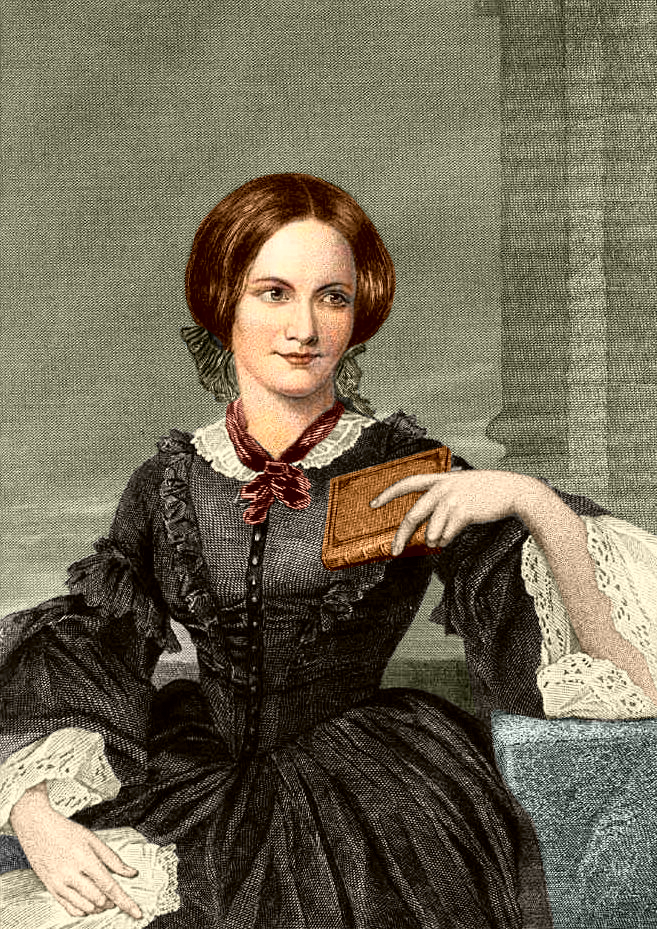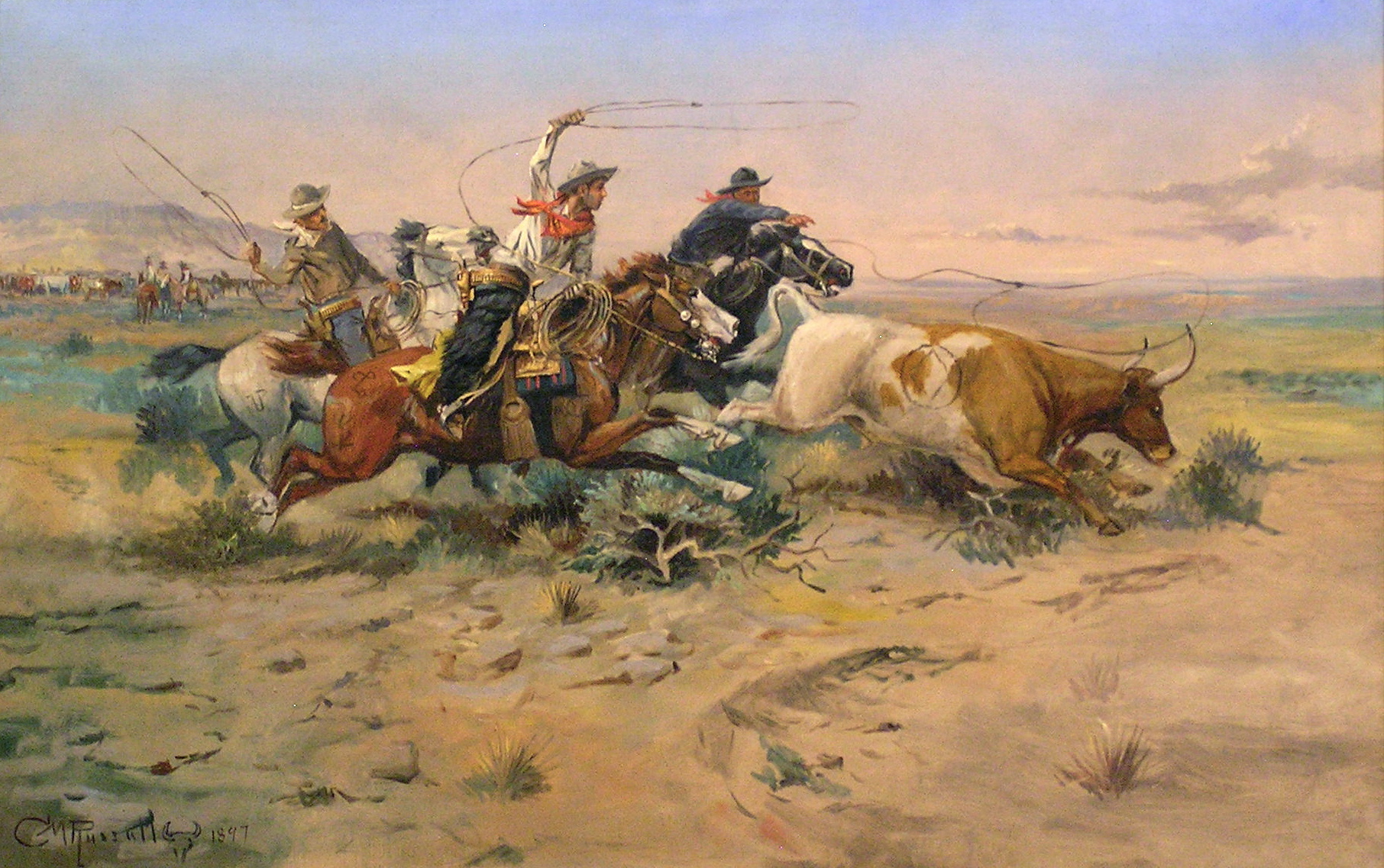|
Mood (literature)
In literature, mood is the atmosphere of the narrative. Mood is created by means of setting (locale and surroundings in which the narrative takes place), attitude (of the narrator and of the characters in the narrative), and descriptions. Though atmosphere and setting are connected, they may be considered separately to a degree. Atmosphere is the aura of mood that surrounds the story. It is to fiction what the sensory level is to poetry or mise-en-scene is to cinema. Mood is established to affect the reader emotionally and psychologically and to provide a feeling for the narrative. Elements Mood is generally created through several different things. Setting, which provides the physical location of the story, is used to create a background in which the story takes place. Different settings can affect the mood of a story differently and usually support or conflict with the other content of the story in some way. For example, the desert may be a setting for a cowboy story ... [...More Info...] [...Related Items...] OR: [Wikipedia] [Google] [Baidu] |
Literature
Literature is any collection of Writing, written work, but it is also used more narrowly for writings specifically considered to be an art form, especially novels, Play (theatre), plays, and poetry, poems. It includes both print and Electronic literature, digital writing. In recent centuries, the definition has expanded to include oral literature, much of which has been transcribed.; see also Homer. Literature is a method of recording, preserving, and transmitting knowledge and entertainment. It can also have a social, psychological, spiritual, or political role. Literary criticism is one of the oldest academic disciplines, and is concerned with the literary merit or intellectual significance of specific texts. The study of books and other texts as artifacts or traditions is instead encompassed by textual criticism or the history of the book. "Literature", as an art form, is sometimes used synonymously with literary fiction, fiction written with the goal of artistic merit, but ... [...More Info...] [...Related Items...] OR: [Wikipedia] [Google] [Baidu] |
Film
A film, also known as a movie or motion picture, is a work of visual art that simulates experiences and otherwise communicates ideas, stories, perceptions, emotions, or atmosphere through the use of moving images that are generally, since the 1930s, synchronized with sound and (less commonly) other sensory stimulations. Etymology and alternative terms The name "film" originally referred to the thin layer of photochemical emulsion on the celluloid strip that used to be the actual medium for recording and displaying motion pictures. Many other terms exist for an individual motion-picture, including "picture", "picture show", "moving picture", "photoplay", and "flick". The most common term in the United States is "movie", while in Europe, "film" is preferred. Archaic terms include "animated pictures" and "animated photography". "Flick" is, in general a slang term, first recorded in 1926. It originates in the verb flicker, owing to the flickering appearance of early films ... [...More Info...] [...Related Items...] OR: [Wikipedia] [Google] [Baidu] |
University Press Of New England
The University Press of New England (UPNE), located in Lebanon, New Hampshire and founded in 1970, was a university press consortium including Brandeis University, Dartmouth College (its host member), Tufts University, the University of New Hampshire, and Northeastern University. It shut down in 2018 and in January 2021, Brandeis University became the sole owner of all titles and copyrights of UPNE, excluding Dartmouth College Press titles. Notable fiction authors published by UPNE include Howard Frank Mosher, Roxana Robinson, Ernest Hebert, Cathie Pelletier, Chris Bohjalian, Percival Everett, Laurie Alberts and W.D. Wetherell. Notable poets distributed by the press include Rae Armantrout, Claudia Rankine, James Tate, Mary Ruefle, Donald Revell, Ellen Bryant Voigt, James Wright, Jean Valentine, Stanley Kunitz, Heather McHugh, and Yusef Komunyakaa. Notable nature and environment authors published include William Sargent, Cynthia Huntington, David Gessner, John Hay, ... [...More Info...] [...Related Items...] OR: [Wikipedia] [Google] [Baidu] |
First-person Narrative
A first-person narrative (also known as a first-person perspective, voice, point of view, etc.) is a mode of storytelling in which a storyteller recounts events from that storyteller's own personal point of view, using first-person grammar such as "I", "me", "my", and "myself" (also, in plural form, "we", "us", etc.). It must be narrated by a first-person character, such as a protagonist (or other focal character), re-teller, witness, or peripheral character. Alternatively, in a visual storytelling medium (such as video, television, or film), the first-person perspective is a graphical perspective rendered through a character's visual field, so the camera is "seeing" out of a character's eyes. A classic example of a first-person protagonist narrator is Charlotte Brontë's '' Jane Eyre'' (1847), in which the title character is telling the story in which she herself is also the protagonist: "I could not unlove him now, merely because I found that he had ceased to notice me" ... [...More Info...] [...Related Items...] OR: [Wikipedia] [Google] [Baidu] |
Writer's Voice
In literature, writing style is the manner of expressing thought in language characteristic of an individual, period, school, or nation. Thus, style is a term that may refer, at one and the same time, to singular aspects of an individual's writing habits or a particular document and to aspects that go well-beyond the individual writer. Beyond the essential elements of spelling, grammar, and punctuation, writing style is the choice of words, sentence structure, and paragraph structure, used to convey the meaning effectively. The former are referred to as ''rules'', ''elements'', ''essentials'', ''mechanics'', or ''handbook''; the latter are referred to as ''style'', or ''rhetoric''. The rules are about ''what'' a writer does; style is about ''how'' the writer does it. While following the rules drawn from established English usage, a writer has great flexibility in how to express a concept. Some have suggested that the point of writing style is to: * express the message to the reade ... [...More Info...] [...Related Items...] OR: [Wikipedia] [Google] [Baidu] |
Diction
Diction ( (nom. ), "a saying, expression, word"), in its original meaning, is a writer's or speaker's distinctive vocabulary choices and style of expression in a piece of writing such as a poem or story.Crannell (1997) ''Glossary'', p. 406 In its common meaning, it is the distinctiveness of speech: the art of speaking so that each word is clearly heard and understood to its fullest complexity and extremity, and concerns pronunciation and tone, rather than word choice and style. This is more precisely and commonly expressed with the term enunciation or with its synonym, articulation.Crannell (1997) Part II, Speech, p. 84 Diction has multiple concerns, of which register, the adaptation of style and formality to the social context, is foremost. Literary diction analysis reveals how a passage establishes tone and characterization, e.g. a preponderance of verbs relating physical movement suggests an active character, while a preponderance of verbs relating states of mind portrays an i ... [...More Info...] [...Related Items...] OR: [Wikipedia] [Google] [Baidu] |
Narrator
Narration is the use of a written or spoken commentary to convey a story to an audience. Narration is conveyed by a narrator: a specific person, or unspecified literary voice, developed by the creator of the story to deliver information to the audience, particularly about the plot: the series of events. Narration is a required element of all written stories (novels, short stories, poems, memoirs, etc.), presenting the story in its entirety. It is optional in most other storytelling formats, such as films, plays, television shows and video games, in which the story can be conveyed through other means, like dialogue between characters or visual action. The narrative mode, which is sometimes also used as synonym for narrative technique, encompasses the set of choices through which the creator of the story develops their narrator and narration: * ''Narrative point of view, perspective,'' or ''voice'': the choice of grammatical person used by the narrator to establish whether or ... [...More Info...] [...Related Items...] OR: [Wikipedia] [Google] [Baidu] |
Cowboy
A cowboy is an animal herder who tends cattle on ranches in North America, traditionally on horseback, and often performs a multitude of other ranch-related tasks. The historic American cowboy of the late 19th century arose from the ''vaquero'' traditions of northern Mexico and became a figure of special significance and legend.Malone, J., p. 1. A subtype, called a Wrangler (profession), wrangler, specifically tends the horses used to work cattle. In addition to ranch work, some cowboys work for or participate in rodeos. Cowgirls, first defined as such in the late 19th century, had a less-well documented historical role, but in the modern world work at identical tasks and have obtained considerable respect for their achievements. Cattle handlers in many other parts of the world, particularly South America and Australia, perform work similar to the cowboy. The cowboy has deep historic roots tracing back to Spain and the earliest European Settlement of the Americas, settlers of th ... [...More Info...] [...Related Items...] OR: [Wikipedia] [Google] [Baidu] |
Setting (narrative)
A setting (or backdrop) is the time and geographic location within a narrative, either non-fiction or fiction. It is a literary element. The setting initiates the main backdrop and mood for a story. The setting can be referred to as story world or '' milieu'' to include a context (especially society) beyond the immediate surroundings of the story. Elements of setting may include culture, historical period, geography, and hour. Along with the plot, character, theme, and style, setting is considered one of the fundamental components of fiction. Role Setting may refer to the social milieu in which the events of a novel occur. The elements of the story setting include the passage of time, which may be static in some stories or dynamic in others with, for example, changing seasons. A setting can take three basic forms. One is the natural world, or in an outside place. In this setting, the natural landscapes of the world play an important part in a narrative, along with living c ... [...More Info...] [...Related Items...] OR: [Wikipedia] [Google] [Baidu] |
Poetry
Poetry (from the Greek language, Greek word ''poiesis'', "making") is a form of literature, literary art that uses aesthetics, aesthetic and often rhythmic qualities of language to evoke meaning (linguistics), meanings in addition to, or in place of, Denotation, literal or surface-level meanings. Any particular instance of poetry is called a poem and is written by a poet. Poets use a variety of techniques called poetic devices, such as assonance, alliteration, Phonaesthetics#Euphony and cacophony, euphony and cacophony, onomatopoeia, rhythm (via metre (poetry), metre), and sound symbolism, to produce musical or other artistic effects. They also frequently organize these effects into :Poetic forms, poetic structures, which may be strict or loose, conventional or invented by the poet. Poetic structures vary dramatically by language and cultural convention, but they often use Metre (poetry), rhythmic metre (patterns of syllable stress or syllable weight, syllable (mora) weight ... [...More Info...] [...Related Items...] OR: [Wikipedia] [Google] [Baidu] |
Fiction
Fiction is any creative work, chiefly any narrative work, portraying character (arts), individuals, events, or setting (narrative), places that are imagination, imaginary or in ways that are imaginary. Fictional portrayals are thus inconsistent with fact, history, or plausibility. In a traditional narrow sense, fiction refers to literature, written narratives in prose often specifically novels, novellas, and short story, short stories. More broadly, however, fiction encompasses imaginary narratives expressed in any Media (communication), medium, including not just writings but also drama, live theatrical performances, films, television programs, radio dramas, comics, role-playing games, and video games. Definition and theory Typically, the fictionality of a work is publicly expressed, so the audience expects a work of fiction to deviate to a greater or lesser degree from the real world, rather than presenting for instance only factually accurate portrayals or character (arts ... [...More Info...] [...Related Items...] OR: [Wikipedia] [Google] [Baidu] |





